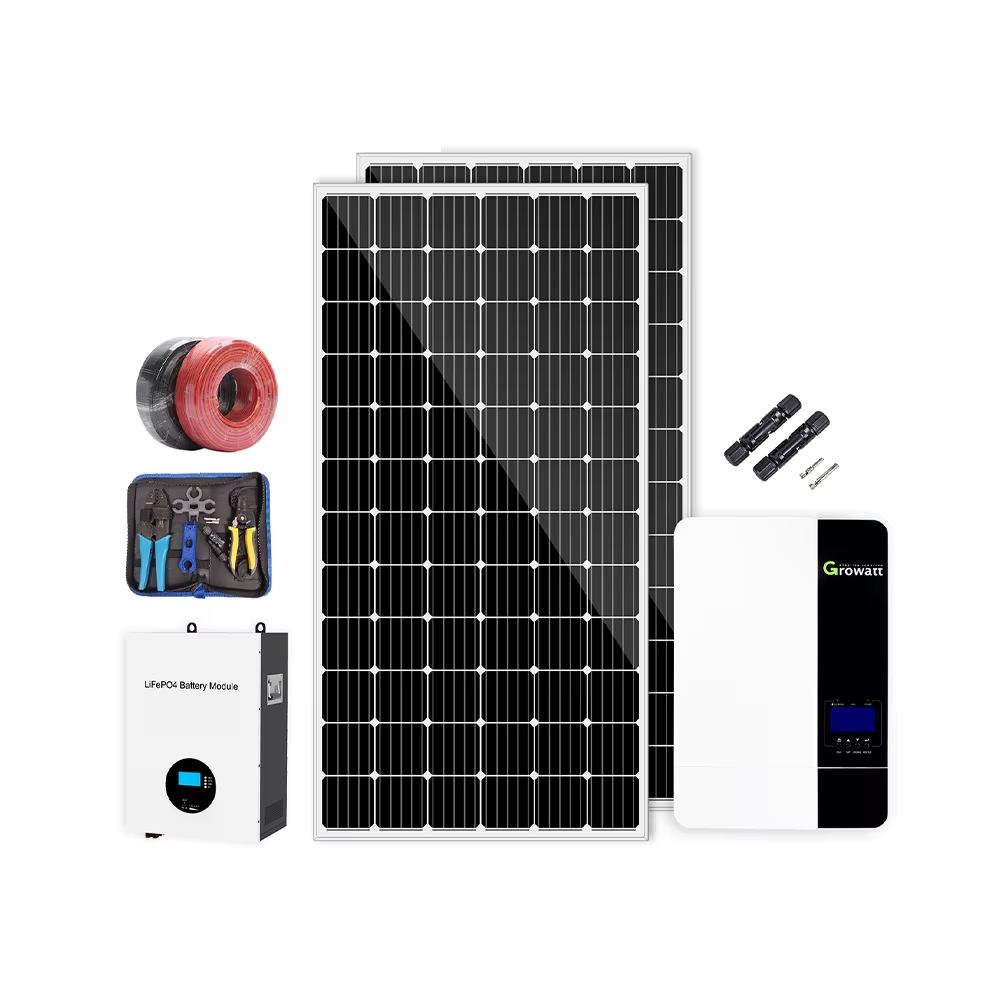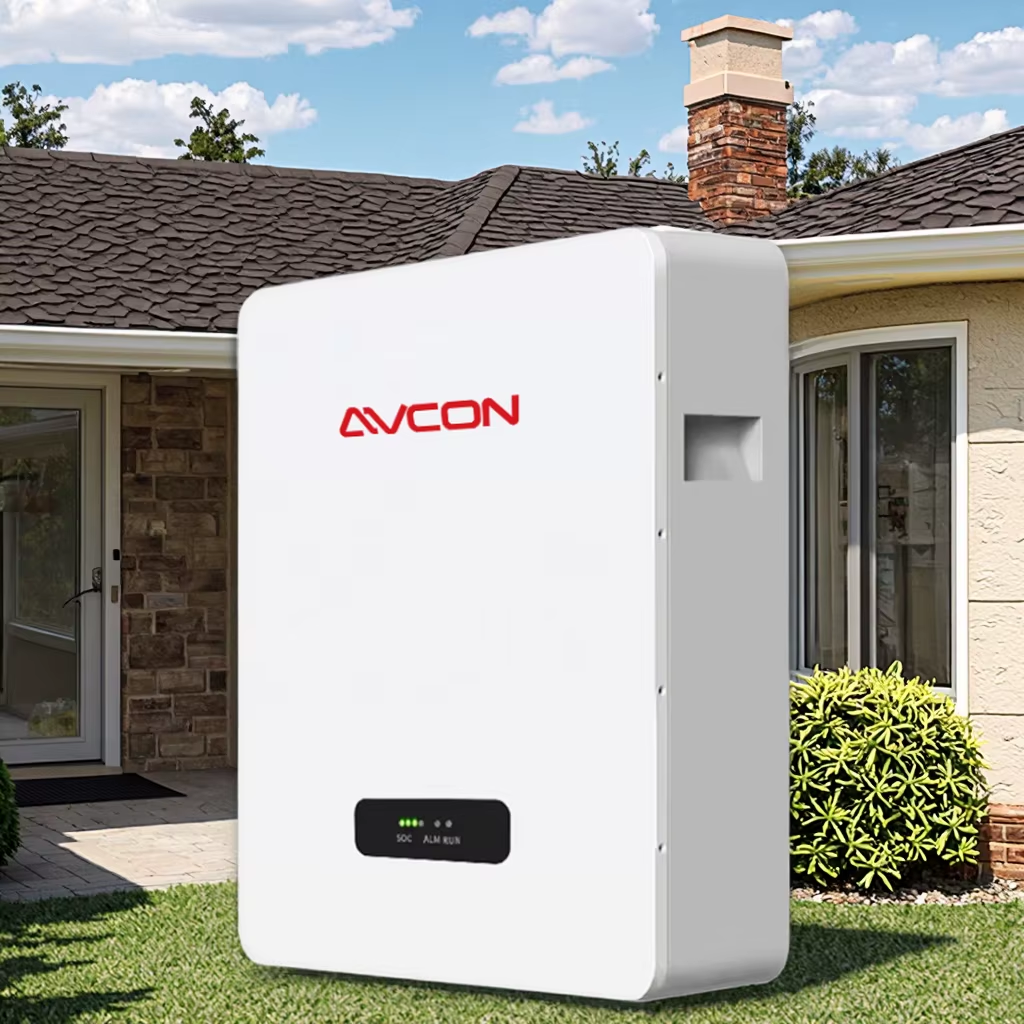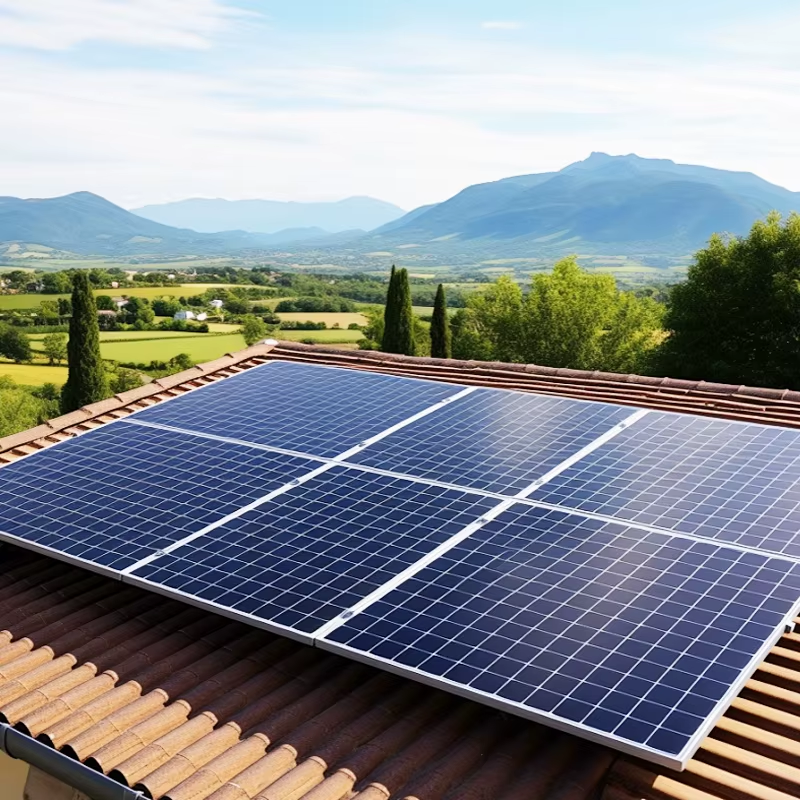Solar battery storage systems have emerged as a vital component of contemporary energy solutions. They enable both households and businesses to store electricity produced by solar panels for use at a later time. Rather than feeding all surplus energy back into the power grid, these systems let users save electricity for periods like evenings or cloudy days when solar generation drops. This not only boosts the overall dependability of renewable energy but also enhances independence from conventional power supplies.

A major advantage of solar battery storage systems lies in boosting energy security for individual households. Families can cut down on their reliance on the public grid and steer clear of power disruptions caused by blackouts or electricity shortages. When the grid fails, the solar power stored in the batteries can keep essential household appliances running—such as refrigerators, lights, and medical equipment if needed. This brings a sense of reassurance and stability to homes that rely on a consistent energy flow for daily life.
Businesses, too, reap substantial benefits from integrating solar battery storage systems. Factories, office buildings, and retail outlets often face high energy consumption demands. By storing solar energy during off-peak hours (when electricity usage and costs are lower) and using this stored power during peak periods (when grid electricity prices spike), companies can lower their energy expenses and ensure an uninterrupted power supply for operations. This not only improves their financial efficiency but also safeguards their daily work from unexpected power outages that could disrupt production or customer service.

Solar battery storage systems also play a key role in maintaining the stability of national and regional energy grids. When a large number of users draw on their stored solar energy instead of simultaneously demanding electricity from the grid, it helps balance the overall supply and demand of power. This reduces the risk of grid overloads during peak usage times—such as weekday evenings when most households and businesses use electricity heavily. As more and more people adopt renewable energy, battery storage systems make the entire power infrastructure more secure and reliable.
Another important impact of solar battery storage systems is their role in lessening reliance on fossil fuels. By making the most of solar energy, households and businesses require less electricity generated from sources like coal, oil, or natural gas. This shift supports cleaner energy production, reduces greenhouse gas emissions that contribute to climate change, and paves the way for a more resilient energy future. As more individuals and organizations adopt solar battery solutions, societies become less affected by fluctuations in fossil fuel prices and potential supply chain issues.

To sum up, solar battery storage systems enhance energy security in multiple ways. They offer reliable backup power for homes, support smooth business operations, stabilize the public power grid, and reduce dependence on fossil fuels. With all these advantages, they stand as a crucial step toward achieving energy independence and sustainability. Investing in solar battery storage systems today allows both individuals and communities to lay the groundwork for a stronger, more secure, and greener energy future.
 Hot News
Hot News2025-02-25
2024-11-27
2024-12-17